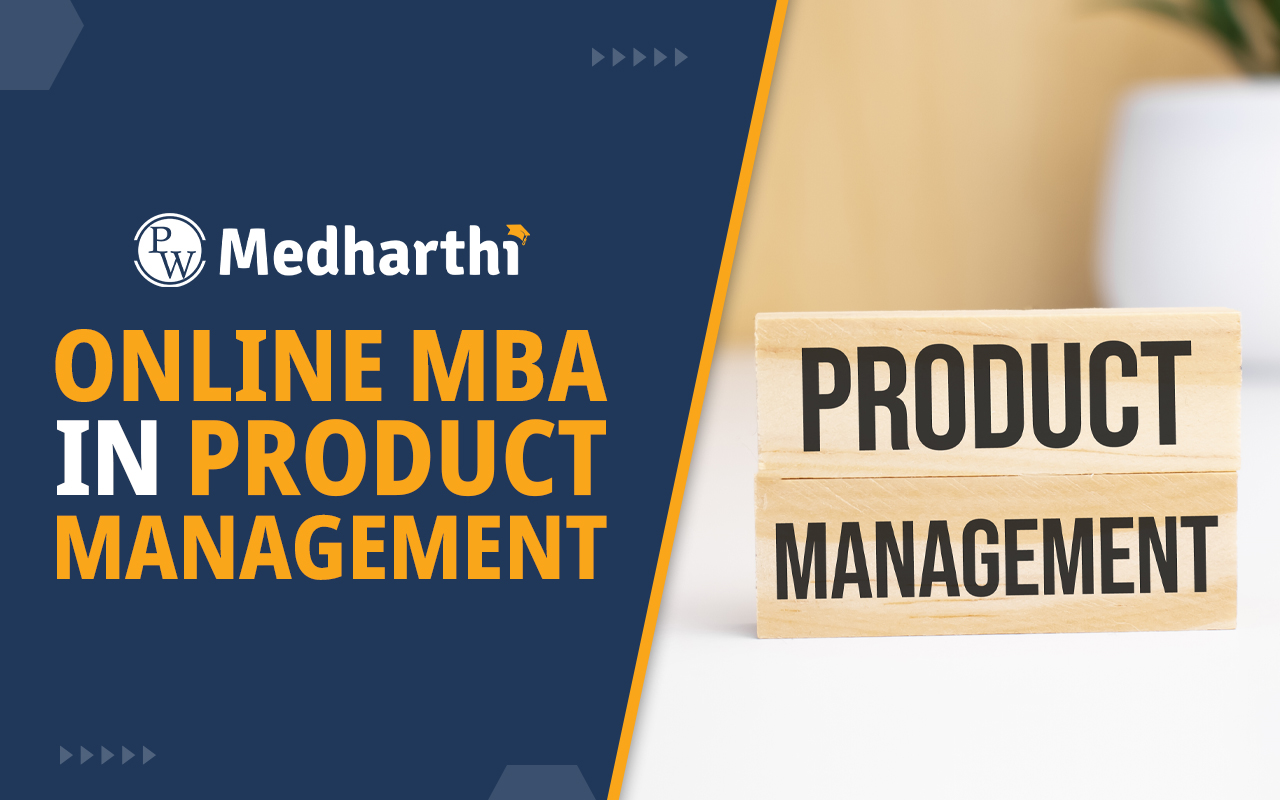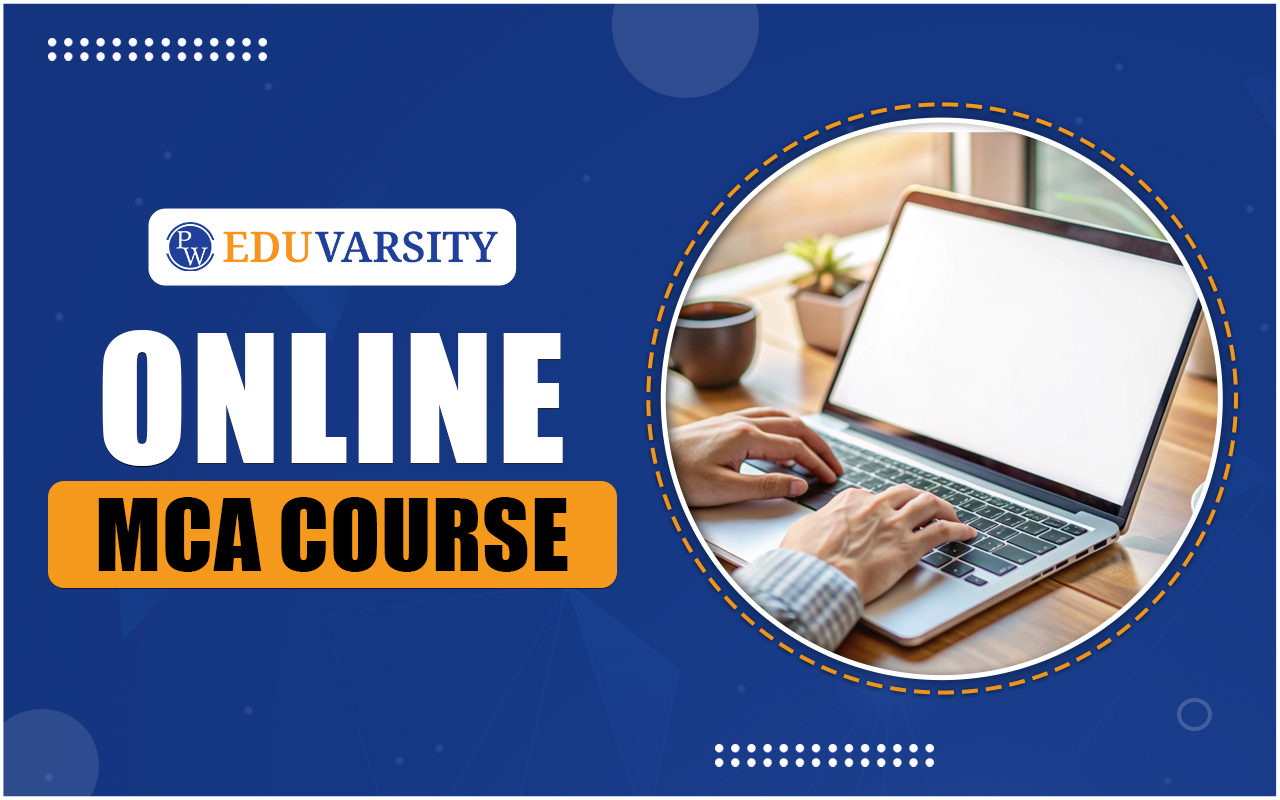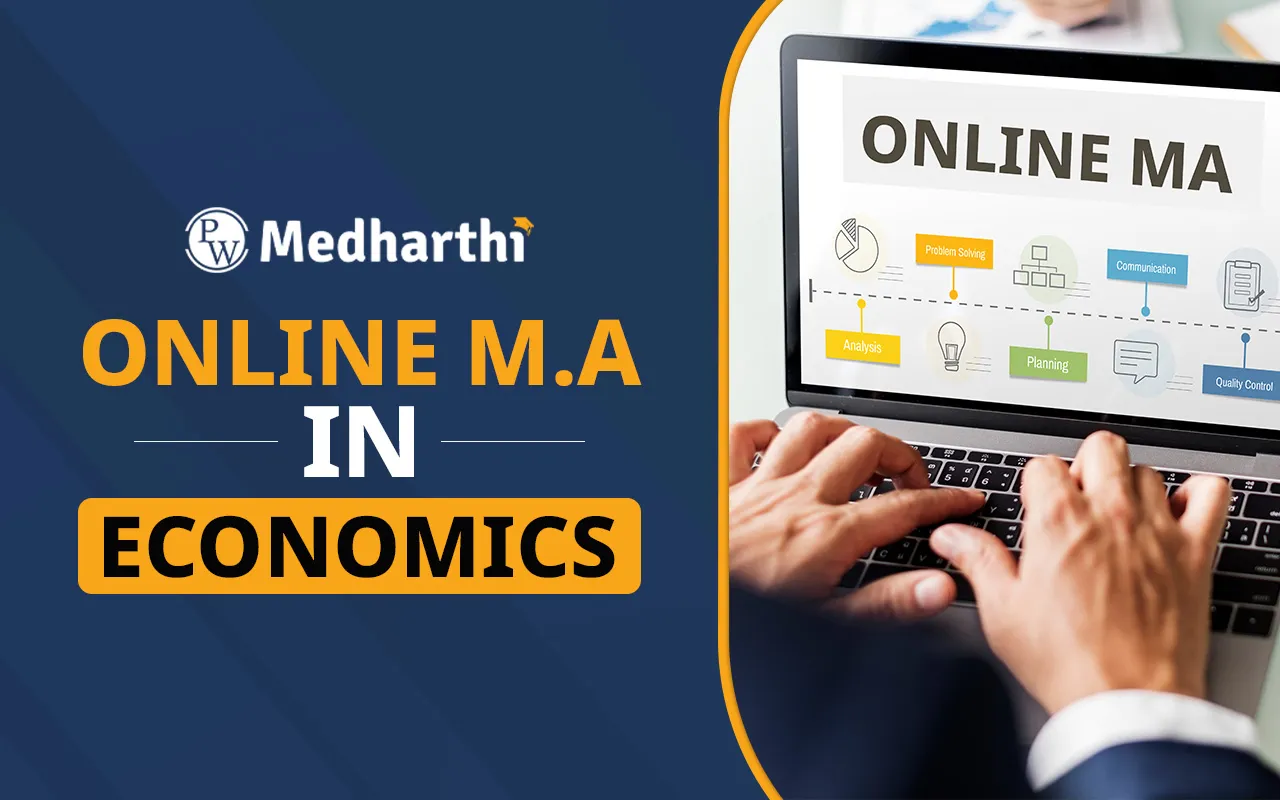
Online Certificate Courses provide concise learning opportunities across diverse fields, offering theory and practical training through virtual classrooms. These courses cater to professionals, students, and lifelong learners seeking to acquire new skills, deepen domain knowledge, or gain credentials recognized by employers. Online Certificate Courses are typically shorter than degree programs and focus on specific competencies in areas such as data analytics, digital marketing, finance, coding, or project management. Participants benefit from structured curricula, expert-led content, and validated assessments, all delivered remotely with flexible schedules. Provided here is an in-depth exploration of Online Certificate Courses, including their features, eligibility criteria, enrollment process, benefits, and frequently asked questions.
Online Certificate Courses Overview
Online Certificate Courses encompass a wide range of training modules designed to build professional skills in focused domains, delivered through virtual learning platforms with assessments and peer interaction.
| Online Certificate Courses Overview | |||
| Course Type | Duration | Format | Credential |
| Short-term skill modules | 4–8 weeks | Recorded videos + quizzes | Digital certificate |
| Professional certificates | 3–6 months | Live sessions + assignments | Industry-recognized badge |
| Academic certificates | 6–12 months | Webinars + project work | University-level certificate |
Features of Online Certificate Courses
The distinguishing features of Online Certificate Courses include modular structure, flexible pacing, interactive assessments, expert feedback, and credential validation, all aimed at delivering efficient and focused learning experiences.
-
Modular and self-paced structure: Courses are segmented into manageable units, allowing participants to complete modules on their own schedule while ensuring structured progression through content.
-
Interactive assessments and feedback: Participants engage in quizzes, assignments, and peer-reviewed tasks, receiving timely feedback to reinforce learning and measure competency development.
-
Expert-led instruction: Courses often include insights from experienced professionals or academicians through live Q&A sessions, webinars, and recorded lectures.
-
Credentialing and recognition: Upon successful completion, learners receive digital certificates or badges recognized by industry or academic institutions, enhancing their credibility.
-
Flexible access and global reach: Materials, recordings, and discussion forums are available 24/7, enabling participants from any location and time zone to engage effectively.
PW Online Certificate Courses
PW Skills, a branch of Physics Wallah, provides well-designed Online Certificate Courses across diverse fields, employing a balanced methodology of lectures, assessments, and practical projects, backed by career assistance.
-
Sector-specific certificate modules: PW offers certificates in domains like digital marketing, Python programming, and data analytics, tailored to current job market needs.
-
Blended delivery format: The format integrates recorded lessons, live doubt resolution, and hands-on projects to enhance comprehension and application.
-
Mentorship and community support: Learners receive guidance through mentorship, peer interactions, and community platforms such as Telegram groups for collaborative learning.
-
Practical project inclusion: Each course includes a capstone project that allows participants to apply learned concepts to real-world scenarios, enhancing portfolios.
-
Career readiness services: PW provides assistance via resume reviews, mock interviews, and interview preparation materials to support learner career transitions.
Types of Online Certificate Courses Provided by PW
PW (Physics Wallah) offers a diverse range of Online Certificate Courses tailored to equip learners with practical, job-ready skills. These courses span multiple domains including technology, business, and data, supporting both beginners and working professionals in their upskilling journey.
1. Data Analytics Certificate Course: This course covers essential tools like Excel, SQL, Power BI, and Python. Learners develop the ability to collect, analyze, visualize, and interpret data effectively, enabling data-driven decision-making in business or technical environments.
2. Full Stack Web Development Course: This program teaches front-end and back-end development using technologies such as HTML, CSS, JavaScript, React, Node.js, and MongoDB. It helps learners build dynamic, full-scale web applications with real-world project experience.
3. Python Programming Certificate Course: Designed for beginners, this course focuses on Python syntax, data structures, OOPs, and libraries like NumPy and Pandas. It’s ideal for learners aiming to explore careers in automation, software development, or data science.
4. Digital Marketing Certificate Course: This course provides training in SEO, SEM, social media marketing, email campaigns, and Google Ads. Learners gain the skills to strategize and implement digital marketing plans for businesses or freelance projects.
5. Java with DSA Certificate Course: This course blends Java programming fundamentals with Data Structures and Algorithms. It strengthens problem-solving abilities and prepares learners for coding interviews and competitive programming challenges in technical job roles.
6. Machine Learning & AI Certificate Course: Covering core ML algorithms, supervised and unsupervised learning, and neural networks, this course equips learners with foundational AI skills using tools like Scikit-learn and TensorFlow for real-world problem-solving.
7. Cyber Security Certificate Course: This course explores cyber threats, ethical hacking, network security, and tools like Wireshark. It’s aimed at individuals looking to understand cybersecurity frameworks and pursue careers in cyber defense and risk management.
8. Android App Development Certificate Course: Focusing on mobile app development with Java/Kotlin and Android Studio, this course helps learners build user-friendly Android applications, complete with UI/UX design and integration of APIs.
Online Certificate Courses Eligibility
Eligibility for Online Certificate Courses typically depends on course type and domain, with some designed for beginners while others require prior knowledge and academic credentials.
-
Beginner-level courses: No prior qualifications required; designed for individuals new to a domain and focusing on foundational skills.
-
Intermediate-level courses: May require basic domain knowledge or completion of a prior beginner certificate; aims to build depth in a subject area.
-
Advanced-level courses: Typically require a relevant bachelor’s degree or equivalent experience, designed for deep specialization and advanced application.
-
Professional experience requirements: Certain certificates in fields such as project management or data science recommend or require years of workplace experience for eligibility.
-
Language proficiency prerequisites: Many courses are conducted in English and may require basic proficiency, demonstrated through prior education or language test scores.
Benefits of Online Certificate Courses
Engaging in Online Certificate Courses offers flexible, cost-efficient, and focused learning opportunities, leading to enhanced career prospects, skill development, and credential acquisition aligned with industry needs.
-
Rapid skill acquisition: Condensed formats allow learners to gain relevant skills in weeks to months, enabling rapid upskilling aligned with market demands.
-
Professional credentialing: Online certificates provide tangible proof of competence that can be displayed on resumes and professional profiles.
-
Flexible learning schedules: Remote access and self-paced modules allow participants to balance learning with work or personal commitments.
-
Lower cost compared to degrees: Certificates are more affordable than full-time degree programs while still offering validated learning outcomes.
-
Global learning community: Virtual cohorts, discussion boards, and webinars foster peer-to-peer learning across diverse geographies and perspectives.
| Online Degree Important Links | |
| Online MCA Programs in India | Online BCom Course |
| Online MCA Course | Online Degree Programs |
| Regular Degree Vs Distance Degree | BA Online Registration |
Online Certificate Course FAQs
What are Online Certificate Courses?
Are Online Certificate Courses recognized by employers?
What is the typical duration of Online Certificate Courses?
Can I pursue an Online Certificate Course alongside a full-time job?
Do Online Certificate Courses provide certification?










